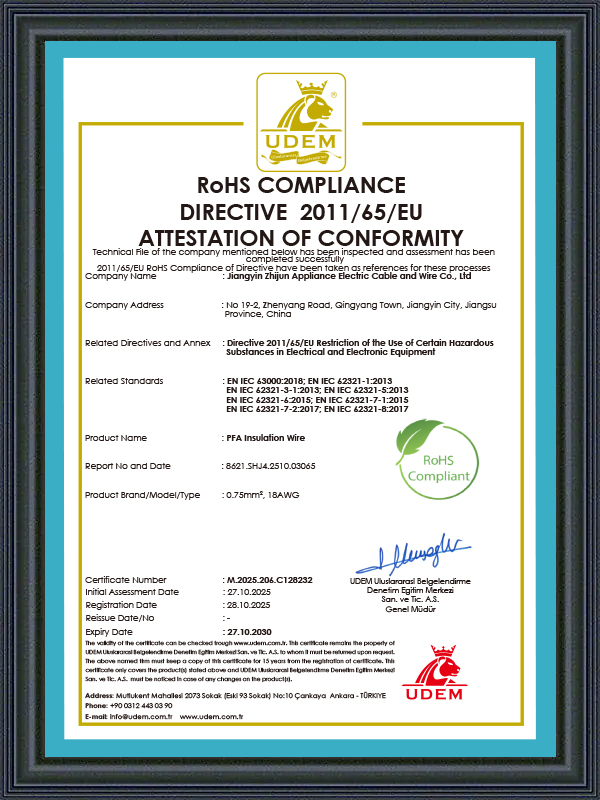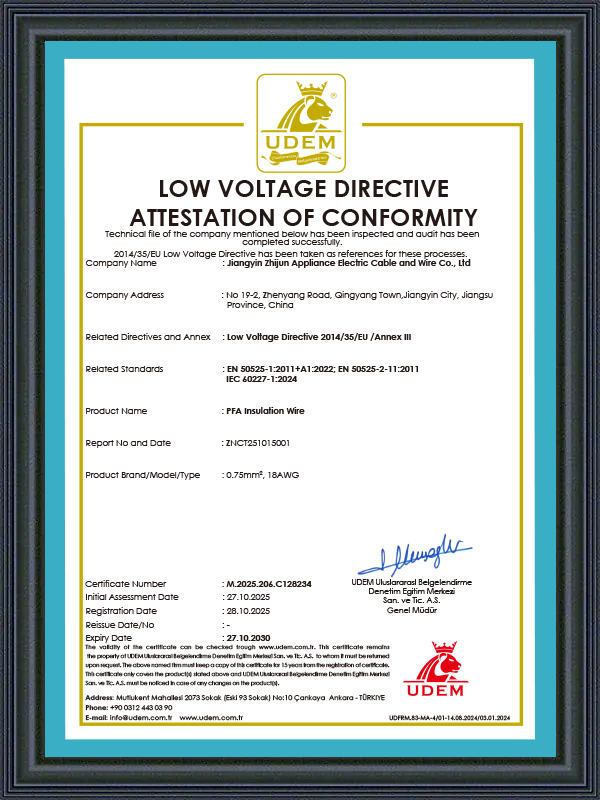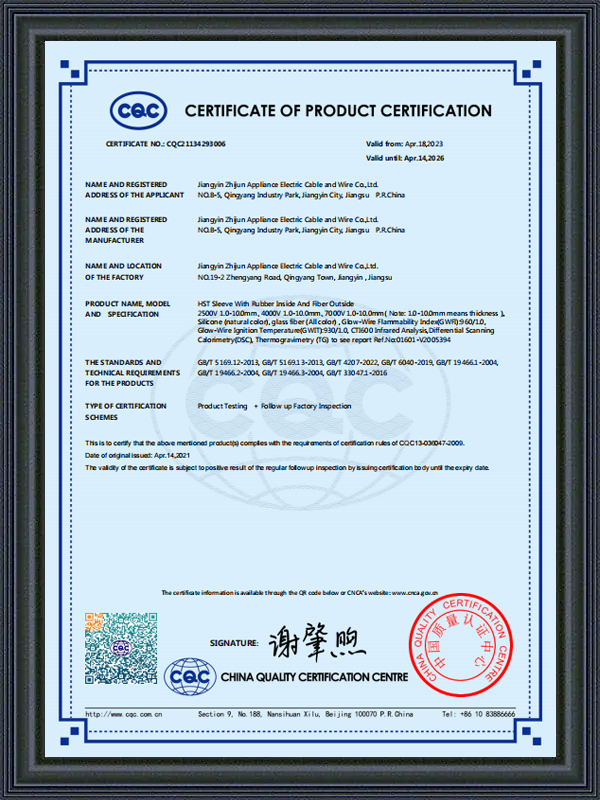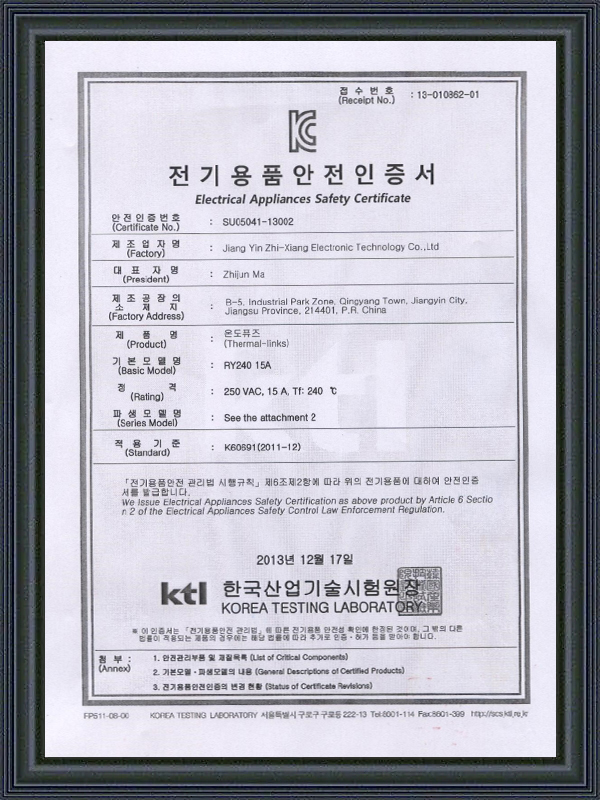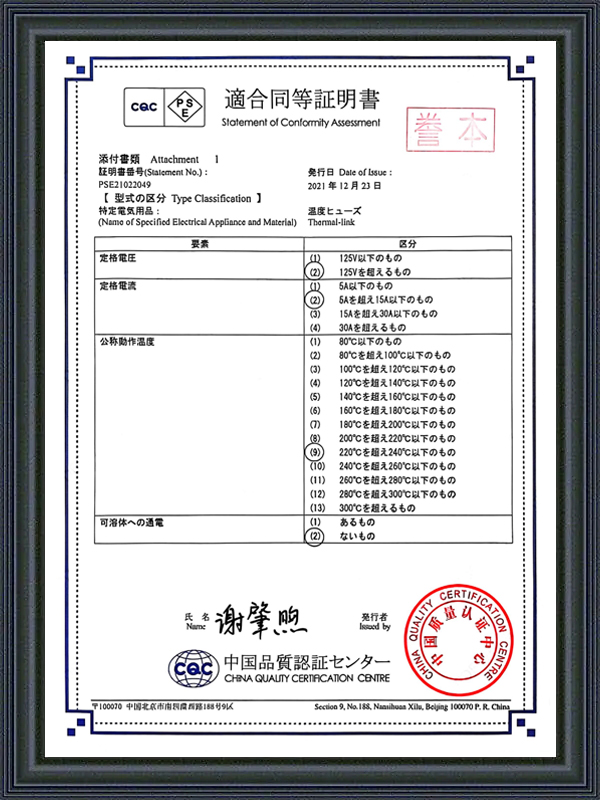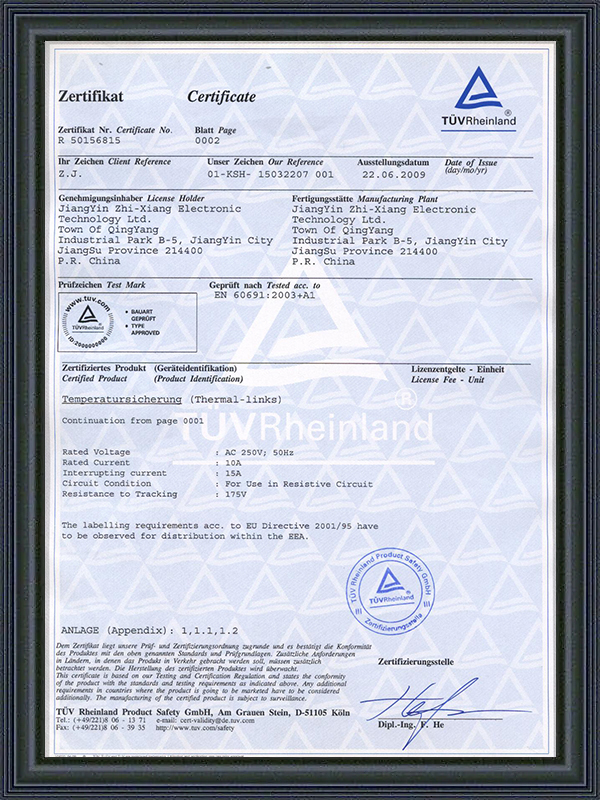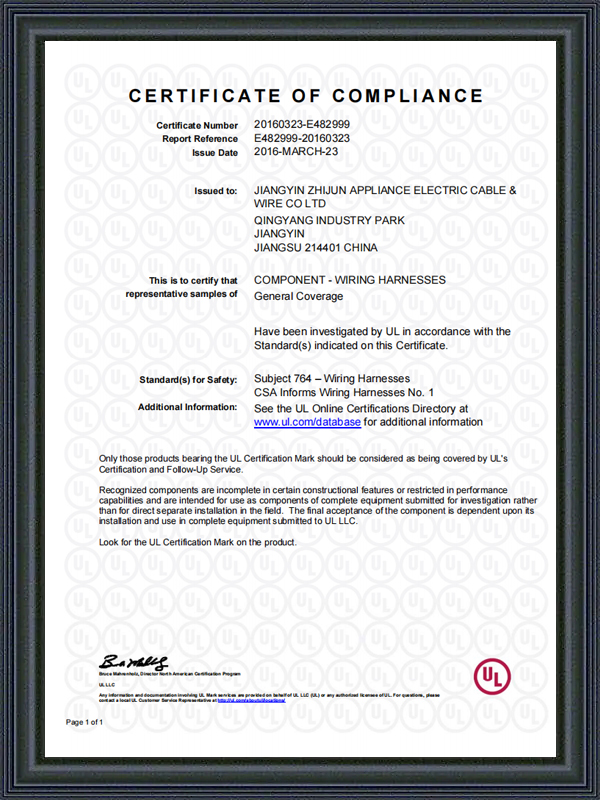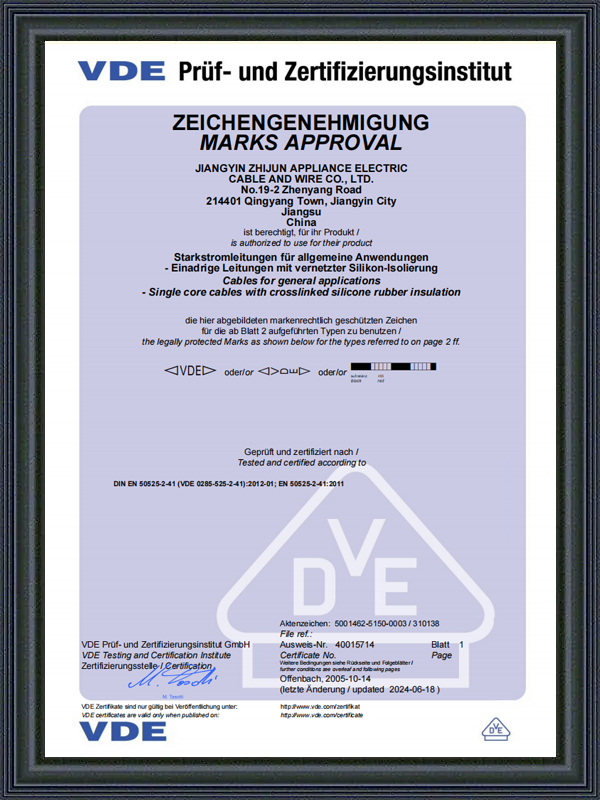The UL3135 Extra Soft Silicone Rubber Lithium Battery Wire (18AWG) is designed for superior safety, flexibility, and high-temperature resistance. Certified unde...
Insulated Wire Manufacturers
-

-
 UL3530 High Temperature Resistant Silicone Soft Installation Line
UL3530 High Temperature Resistant Silicone Soft Installation LineUL3530 certification standard: UL758, certification number: E301946 Rated voltage: 600V, rated temperature: -60°C~+200°C, the conductor is tinned copper wire, w...
-
 UL3512 UL Certified 10mm² Heat Resistant Silicone Wire
UL3512 UL Certified 10mm² Heat Resistant Silicone WireUL3512 certification standard: UL758, certification number: E301946 Rated voltage: 600V, rated temperature: -60°C~+200°C, conductors are made of bare copper, ti...
-
 UL3139 Highly Flexible Silicone Battery High Temperature Resistant Connecting Wire
UL3139 Highly Flexible Silicone Battery High Temperature Resistant Connecting WireUL3139 certification standard: UL758, certification number: E301946 Rated voltage: 600V, suitable for low-voltage electrical equipment. Can it withstand a certa...
-
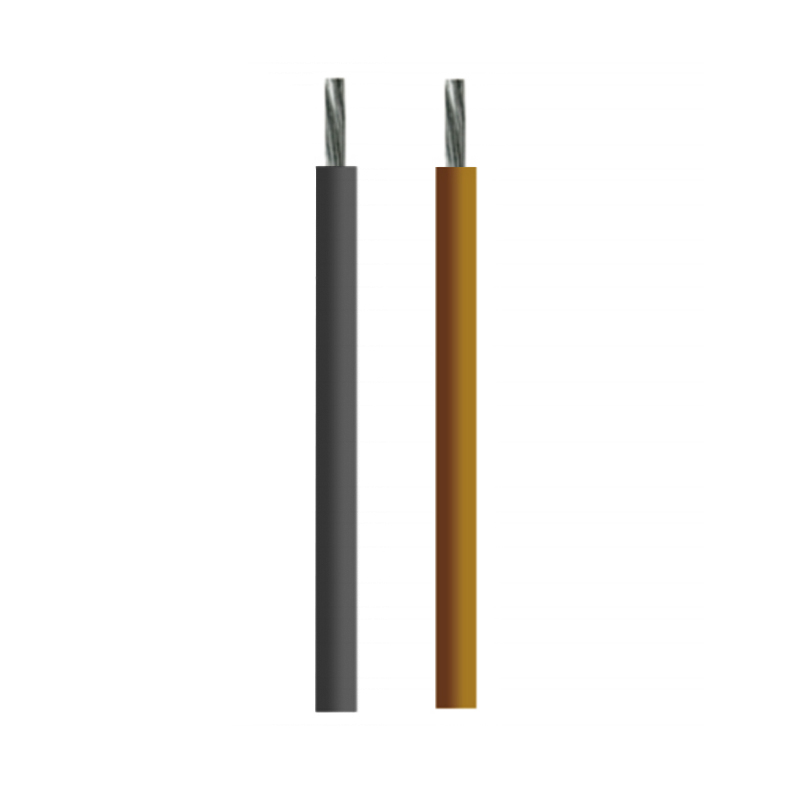 UL3239 American Standard High Voltage Silicone Wire And Cable 10kv16/18/20awg
UL3239 American Standard High Voltage Silicone Wire And Cable 10kv16/18/20awgUL3239 has a temperature resistance of 200°C, a rated voltage of up to 10000V, a flame retardant grade of VW-1, and complies with the Rohs directive and does no...
-
 UL3262 Electrical Equipment High Temperature Resistant Wire
UL3262 Electrical Equipment High Temperature Resistant WireThe UL3262 electrical equipment high temperature resistant wire is designed to deliver reliable performance in demanding environments. With a rated voltage of 6...
-
 UL3143 Silicone Rubber Insulated Single Core Cable
UL3143 Silicone Rubber Insulated Single Core CableDesigned to meet rigorous demands, the UL3143 silicone rubber insulated single core cable delivers unmatched reliability in high-temperature and high-voltage en...
-
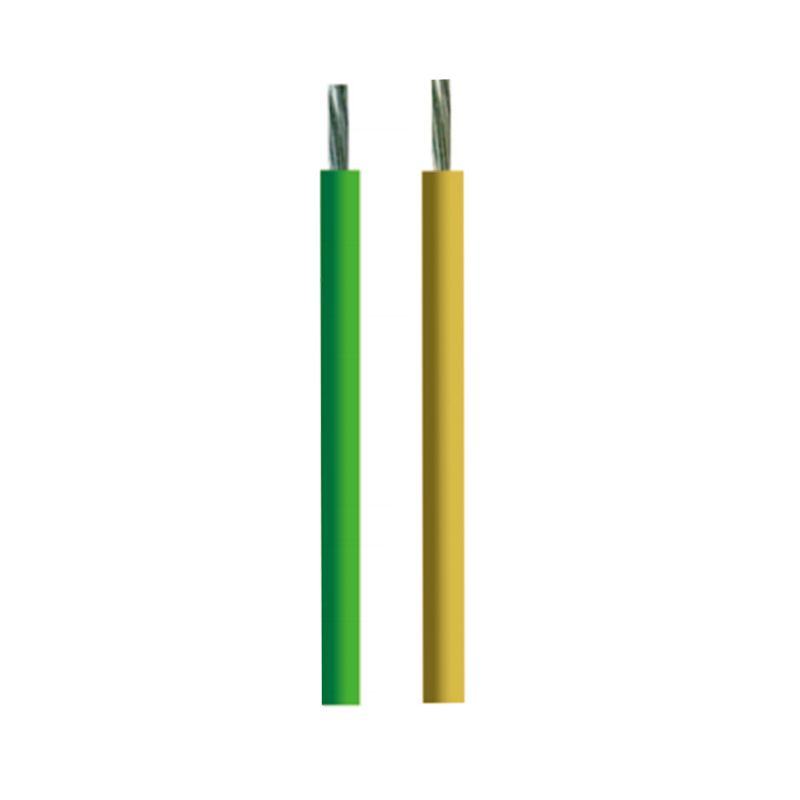 UL3268 Silicone Rubber Insulated Wire
UL3268 Silicone Rubber Insulated WireThe UL3268 Silicone Rubber Insulated Wire is designed for high-performance electrical applications in extreme environments. With a rated voltage of 600V and a t...
-
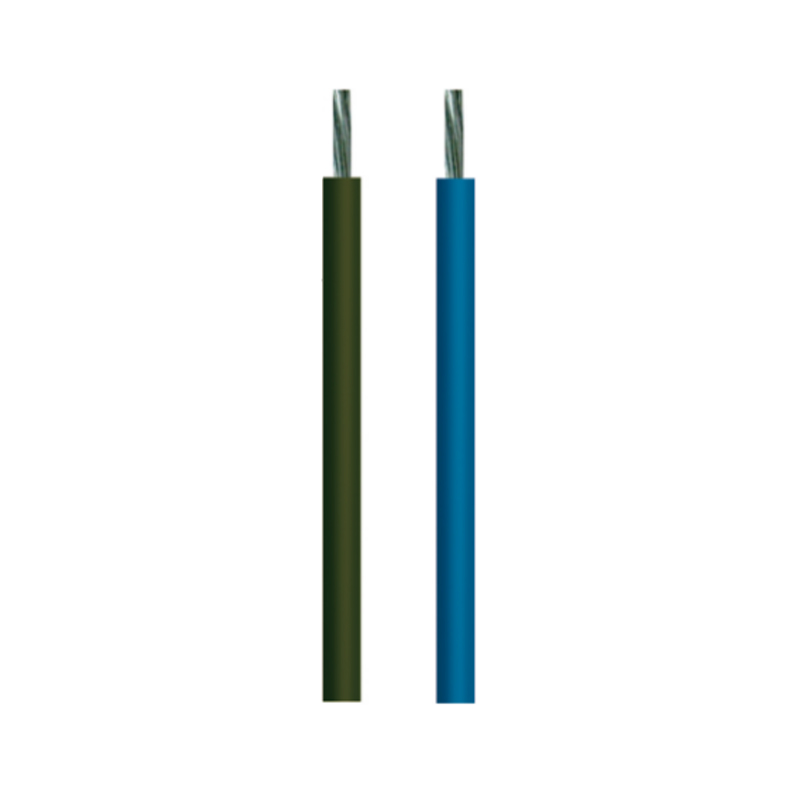 H05S-K Vde German Standard Wiring Harness Processing High Temperature Resistant Silicone Connection Line
H05S-K Vde German Standard Wiring Harness Processing High Temperature Resistant Silicone Connection LineH05S-K silicone wire is a common type of wire.1. Conductor materialIt is made of multiple strands of fine copper wires twisted together, with good flexibility a...
-
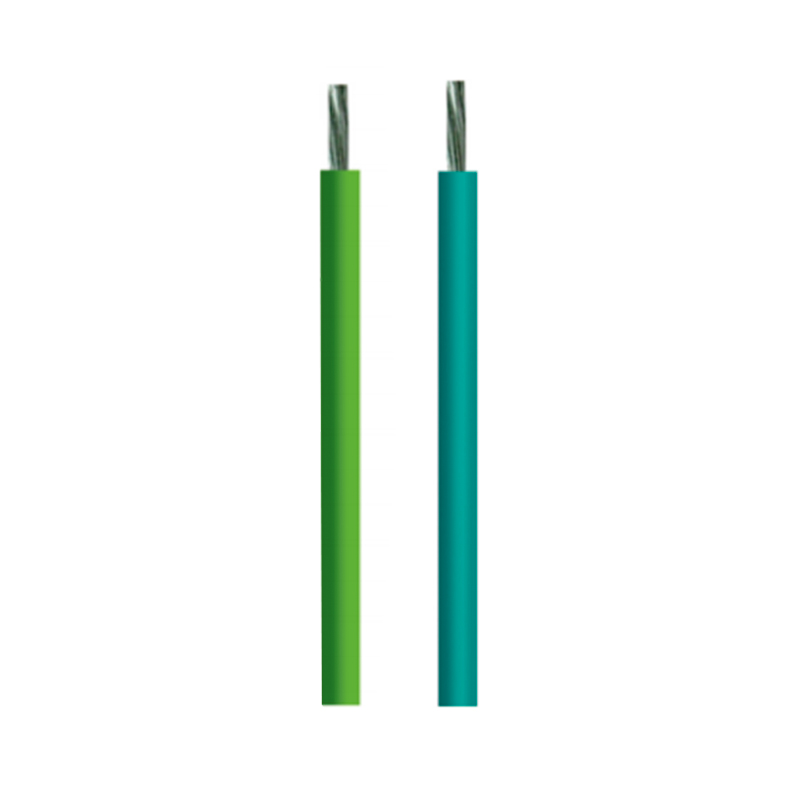 H03s-K Vde Certified Silicone Rubber Insulated Single Core Wire 0.75/1.0/1.5 Square
H03s-K Vde Certified Silicone Rubber Insulated Single Core Wire 0.75/1.0/1.5 SquareH03S-K silicone wire is a common type of wire.It is made of multiple strands of fine copper wires twisted together, with good flexibility and conductivity.It us...
-
 UL3367 Silicone High Temperature Resistant Wire
UL3367 Silicone High Temperature Resistant WireWith a rated voltage of 300V and a maximum operating temperature of 200°C, this UL3367 Silicone high temperature resistant wire is designed to perform flawlessl...
-
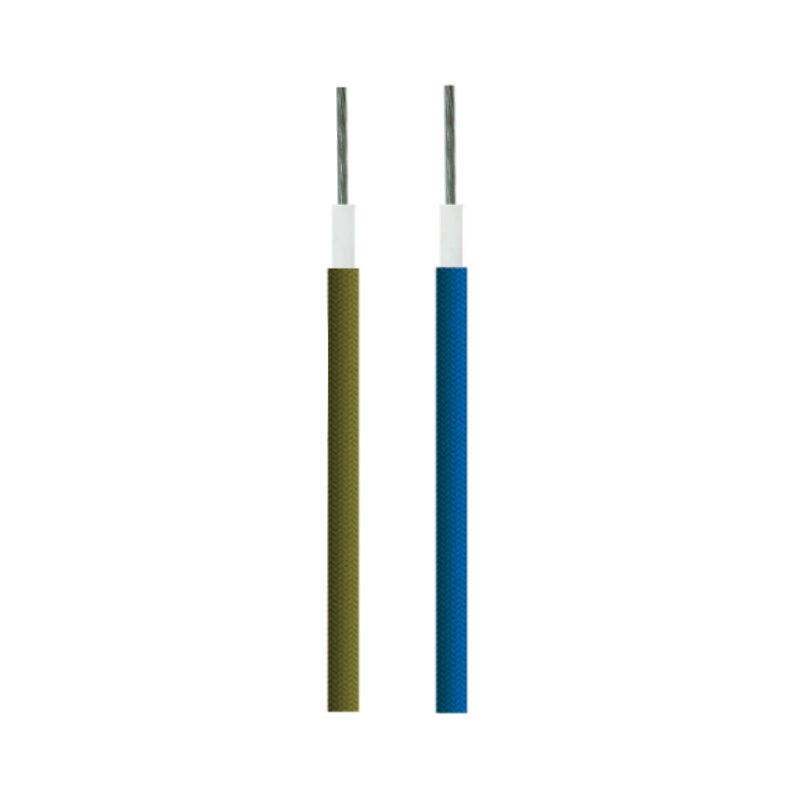 60245IEC03(YG) Glass Fiber Braided High Temperature Resistant Wire Harness Processing Wire 0.5/0.75/1.0mm²
60245IEC03(YG) Glass Fiber Braided High Temperature Resistant Wire Harness Processing Wire 0.5/0.75/1.0mm²60245IEC03(YG) is a specific type of braided silicone wire, which is usually used for electrical connections in high temperature environments. Here is some basi...
Insulated wire is a wire with an outer layer wrapped with insulating material to prevent current leakage and short circuit. Its structure usually includes two parts: conductor and insulation layer:
1. Conductor: made of copper core, used to transmit current.
2. Insulation layer: made of insulating materials such as silicone rubber and plastic, wrapped around the outside of the conductor to prevent current leakage or contact with other conductors.
Main features: insulation, heat resistance, corrosion resistance, flexibility. Common types: silicone rubber insulated wire, PVC insulated wire, XLPE insulated wire, Teflon insulated wire, etc.
Application areas: household circuits, industrial equipment, automotive circuits, etc.
Selection points:
1. Voltage level: Select the appropriate voltage level according to the use environment. 2. Current capacity: ensure that the wire can withstand the required current. 3. Environmental conditions: consider factors such as temperature and humidity.
-
Silicone heating cables represent a sophisticated thermal management solution designed to deliver consistent, reliable heat in environments where conventional heating systems prove inadequate or impractical. These specialized cables consist of resistance heating elements encased within flexible silicone rubber insulati...
READ MORE -
Introduction to PVC Wiring Installation PVC wiring installation plays a critical role in modern electrical and electronic systems. Polyvinyl chloride (PVC) insulated wires are widely used for residential, commercial, and industrial applications due to their flexibility, durability, and safety. Proper installation ensur...
READ MORE -
High temperature wire is a type of electrical wire designed to operate safely and reliably in environments where normal wiring would fail due to heat, chemical exposure, or extreme mechanical stress. These wires use specialized insulation materials and conductor designs to withstand sustained high temperatures, often r...
READ MORE
How Insulation Materials Affect the Longevity and Durability of Insulated Wires in Various Environments?
When selecting insulated wires for your electrical projects, it’s easy to overlook the crucial role insulation materials play in determining their lifespan. The insulation around a wire does far more than protect it from physical damage or prevent accidental shorts; it is central to the wire’s overall performance and durability. Understanding how different insulation materials impact the longevity of insulated wires can help you make more informed decisions for your specific needs, whether you are working with household circuits, industrial machinery, or automotive systems.
The first factor to consider when evaluating the longevity of insulated wires is the material used for insulation. Common options include PVC, silicone rubber, XLPE, and Teflon, each with distinct properties that make them more or less suitable for different environments. PVC, for example, is a popular choice due to its balance of cost, flexibility, and ease of use, but its performance in extreme temperatures or under exposure to UV light may not match that of other materials. Silicone rubber, on the other hand, offers superior heat resistance, making it ideal for high-temperature environments, but it can be more expensive than PVC.
Heat resistance plays a key role in the overall durability of insulated wires. Insulation that cannot withstand high temperatures will begin to degrade over time, reducing the wire’s effectiveness and even creating fire hazards. For example, in industrial plants or automotive applications, where temperatures can fluctuate drastically, choosing a wire with heat-resistant insulation is paramount. Silicone rubber-insulated wires are known for their exceptional performance in these conditions, providing long-term reliability even in hot environments. This makes them a preferred choice for industries where overheating could lead to costly failures.
In addition to heat resistance, another key factor to consider is the wire’s resistance to environmental elements such as moisture, chemicals, and UV radiation. Wires exposed to damp or corrosive environments can experience insulation breakdown, leading to short circuits or electrical malfunctions. For instance, XLPE (cross-linked polyethylene) insulated wires are highly resistant to moisture and chemicals, making them a good choice for outdoor use or in environments where wires may come into contact with harsh substances. Similarly, Teflon-insulated wires stand out for their superior resistance to chemical corrosion and high temperatures, ensuring long-term performance in extreme conditions.
The mechanical stress that a wire undergoes also plays a role in the degradation of its insulation. Over time, the physical bending, twisting, or stretching of the wire can cause the insulation to crack, exposing the conductor to the elements and leading to potential failures. Flexible wires, such as those insulated with silicone rubber, tend to perform better under mechanical stress due to the inherent flexibility of the insulation material. These wires are particularly useful in dynamic environments, such as robotic systems or industrial machinery, where constant movement is a factor.
Understanding the potential environmental impact is another important consideration when choosing insulation materials for wires. As global concerns about sustainability increase, many manufacturers are focusing on using greener materials in their products. For example, some new formulations of PVC and Teflon are designed to be more environmentally friendly and easier to recycle. In fact, choosing the right insulation material not only enhances the performance of the wire but also ensures that your electrical systems align with current sustainability practices.
Furthermore, the longevity of insulated wires is influenced by the manufacturing process itself. Wires that undergo high-quality insulation techniques during production tend to last longer and offer superior protection against the elements. It's crucial to choose suppliers who adhere to rigorous quality control standards to ensure the insulation maintains its integrity over the years. High-quality insulated wires, such as those made with precision-engineered Teflon or silicone rubber, offer a more reliable solution than cheaper alternatives, which may degrade more quickly and put your systems at risk.
For long-term projects or industrial applications, the upfront cost of high-quality insulated wires may seem like an unnecessary investment. However, the cost savings of avoiding future repairs, replacements, or system failures due to insulation degradation can be significant. Choosing durable insulation materials can ultimately save money by reducing the need for frequent replacements and minimizing the downtime caused by electrical failures.
Lastly, the selection of insulated wires should also take into account local environmental conditions. Whether the wire is being used in a freezing cold warehouse or a humid coastal area, the insulation must be chosen with the specific challenges of the environment in mind. Insulated wires that are designed for extreme climates can offer peace of mind, ensuring that your electrical systems remain safe and functional regardless of external factors.
The insulation material you select for your wires directly impacts their longevity and durability. Whether you are installing wires in high-temperature industrial settings, outdoor environments, or flexible systems, understanding the differences between materials like silicone rubber, PVC, XLPE, and Teflon can help ensure your wires perform optimally for years. By considering environmental conditions, mechanical stress, and long-term costs, you can make a more informed decision, ensuring the reliability of your electrical systems. Trusting quality insulated wires not only enhances safety but also helps avoid costly future failures, making it a wise investment for both residential and industrial applications.



 English
English عربى
عربى Español
Español
